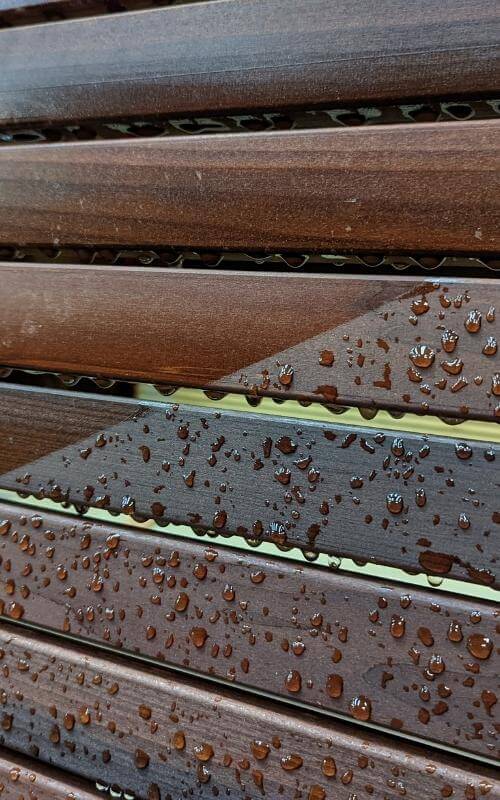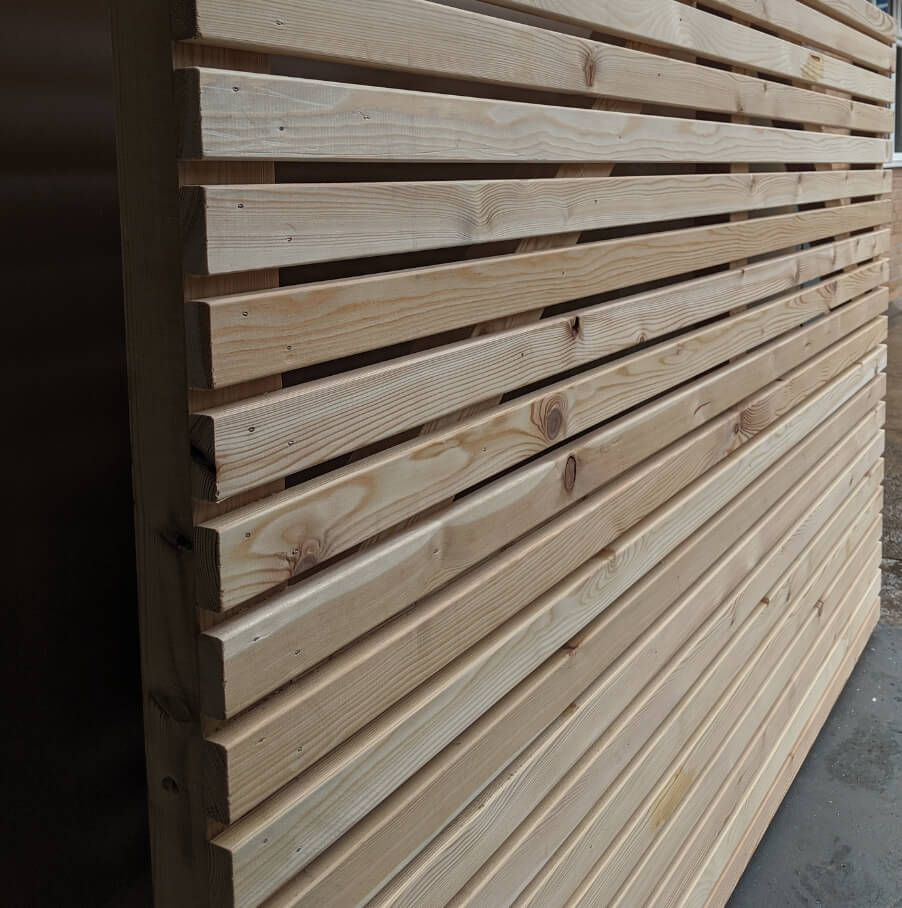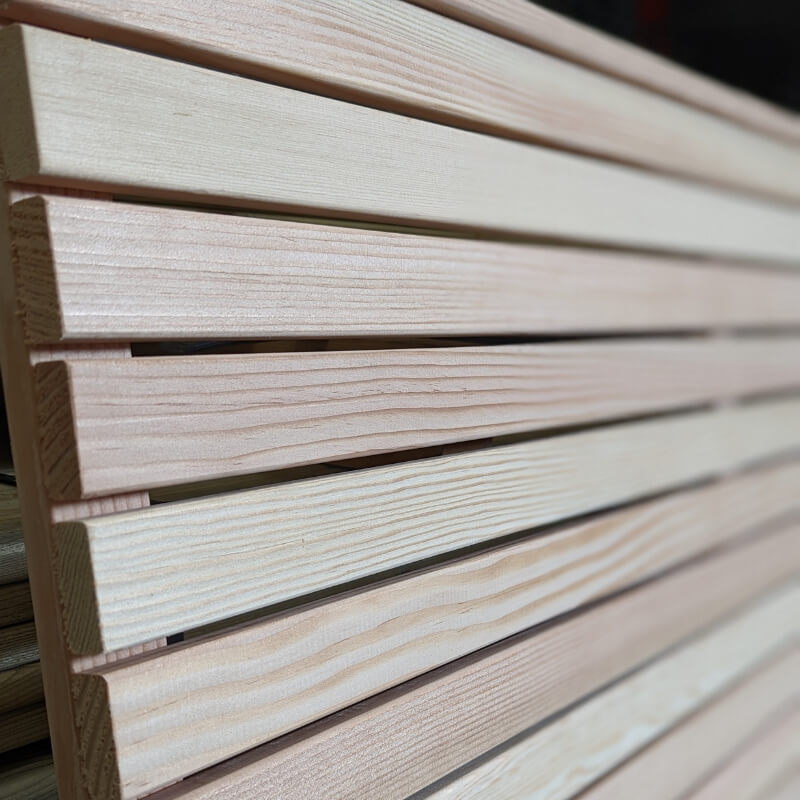High Quality Sustainable Timbers
Nationwide Delivery Available
Made In The UK
Post on 21st February 2023
When it comes to fencing, gates, or cladding, choosing the right type of wood is crucial to ensure the success of your project. Hardwood and softwood timbers are the two main types of wood available on the market, and each has its own unique characteristics to consider when selecting which type is right for your project. In this blog, we will explore the differences between hardwood and softwood timbers to help you make an informed decision.



Hardwoods are derived from angiosperms, such as oak, walnut, and maple trees, which are characterized by their flowering patterns. These trees sprout broad leaves with intricate vein patterns that change colour in the autumn and winter before detaching from the tree itself. Hardwood trees typically take up to 150 years to mature and reach the harvesting stage, resulting in denser, tougher, and heavier-duty timber than that of softwoods.
Hardwoods such as Iroko and Tulip wood are ideal for decorative purposes due to their rich, vibrant tones, and are typically more resilient and durable than softwoods. However, some softwoods such as yew can be classified as ‘hard’ softwoods, and some hardwoods such as balsa wood can be considered ‘soft’ hardwoods due to their density.
Softwoods, on the other hand, come from coniferous evergreen trees like pines, cedars, and spruces, which have needle-like leaves that remain green throughout the year. These trees tend to grow much quicker than hardwoods, maturing within 40 years, resulting in less dense and less compact timber.
Softwoods are known for their stylish features and are popular for both residential and commercial projects. They are less dense than hardwoods and are therefore better suited for structural applications. However, softwoods such as Western Red Cedar, Siberian larch, and Douglas fir are naturally durable and able to withstand harsh weather conditions without treatment.



As a general rule, hardwoods are more resilient and durable than softwoods due to their slower growth rate and denser structure. However, there are exceptions to this rule, such as yew, which is a softwood but denser than American Cherry. Ultimately, the strength and durability of a particular type of wood depend on various factors such as the species, growth rate, and density.
When it comes to durability, hardwoods tend to perform better in extreme weather conditions and resist the elements more efficiently. Softwoods may require additional treatments such as ‘tanalising’ (also known as pressure treatment) to improve their outdoor performance. However, both hardwoods and softwoods will eventually take on an aged silvery grey hue if no special treatments are applied, such as the application of UV Protection oils.
Softwood is typically considered the eco-friendlier option for timber because these trees can be replenished in a shorter amount of time than hardwoods. Both softwood and hardwood are 100% renewable sources as they remove carbon dioxide from the atmosphere.
Sustainably managed forests provide a renewable source of timber, making both hardwoods and softwoods eco-friendly choices. By sustainably harvesting wood from forests, it helps our environment, allows new trees to be planted, and absorbs harmful greenhouse gas pollution.